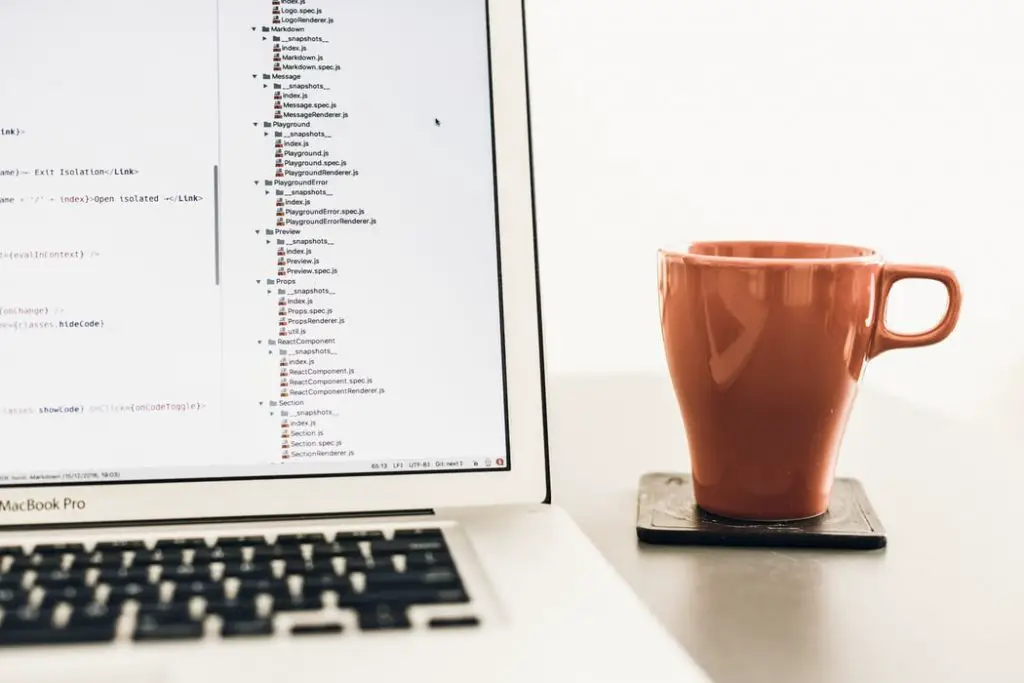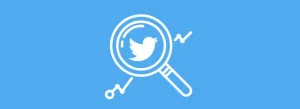Hello, codership. Is there such a word? Well, it doesn’t matter. The matter is that you are here because you want to become a ReactJS developer.
So, this article is my view and the ultimate guide to help you to turn your intentions into life.
According to my point of view, the best way to get started with ReactJS is to follow the steps described below.
5 Ways to Becoming a ReactJS Developer: An Ultimate Guide
If you are a beginner, then learn of course from scratch, i.e. JavaScript and HTML.
This will help you create a foundation for React. If you have experience and good knowledge of web interface technologies, then you can easily rely on your JavaScript and HTML knowledge.
In this case, you can go further and understand the concept of component programming.
Frankly speaking from my experience, React is really easy to learn as it uses basic JavaScript and HTML. This makes its learning curve quite easy compared to other frameworks and libraries.

Because React is a JavaScript library that is used to develop web interfaces as well as mobile interfaces, it uses a component-based approach that divides the entire user interface into logical chunks called components.
Each of these fragments is independent of each other and can be displayed without affecting other components of the application. This makes React suitable for developing large web applications that consume real-time data and can change over time without reloading the page.
You should understand at least the basics of JavaScript, often referred to as JavaScript ES5, and have a decent knowledge of HTML and CSS. React also uses JavaScript syntax most often referred to in JavaScript ES6 and later (ES7, ES8, ES9). This is why it makes sense to master at least JavaScript ES6 to learn React.
There are many people who recommend learning web development and all JavaScript fundamentals as a prerequisite to learning React. The skills they recommend acquiring go far beyond what is required to create basic applications with React.js.
However, I am inclined to believe that it is not true to have all this knowledge On the contrary, it can be very frustrating for beginners new to JavaScript, React and web development.
You don’t want to hang around in the “Scopes and Closures” area when you could create real projects that motivate you to keep going instead. The “wow” moment for capturing closures will be on the way.
Personally, I didn’t know about half of the things on the list when I started learning React, and I still have to search the web for regular expressions because I don’t really care about learning them; and I still help companies with their JavaScript projects.
I believe most JavaScript can be learned while learning React because then you experience it in context when building web applications. This is interesting and this is what drives us as people.
So get excited while learning, and don’t drag too long with the basics that you can’t see the goal in without even applying them in a real-world scenario.
Start building real projects. Stay curious! Move back and forth between JavaScript and React as you learn React.
Here is the list of important steps on the way to becoming a ReactJS developer.

Learn React.js step by step
Now that we’ve got the clarity of learning just the prerequisites of React and React, let’s see how to learn React from scratch. I strongly believe the best place to start is the official React documentation.
The documentation is up-to-date, teaches you all about how React works and is put together by the core React team and the React community to your advantage.
Learn with React Docs
Showing library documentation to a newbie in web development can be intimidating. But I firmly believe that this is the best way to learn new things.
On your way to becoming a developer, you will get used to learning something new with new documentation, so why not get used to it now? This gives certain advantages when studying the documentation:
A primer, no commercial interest, a thoughtful way that core contributors and the community have thought things through carefully, as well as the latest stuff and updates for new releases.
Every time I choose a new technology, I don’t check any courses or books, I go straight to the technical documentation and check if there is a beginner tutorial.
Often there is one, and this is my entry point into a new world. From there I can always check other tutorials, but my starting point will always be the official documentation of the new thing I intend to learn. After all, this is why I write my guides and articles in close relation with the documentation, always referring.
This is how beginners learn to use the documentation, and it makes them more efficient and effective in learning new technologies in the future.
Learn ReactJS with Projects
After you have read the beginner’s guide to React from the documentation and have learned the basics of React from scratch, keep learning by building your own project before exploring any other technologies.
It’s not always easy to come up with project ideas, but there is a lot of inspiration.
For example, there are people who want to learn React by building games. I think you will find many implementations of React Tic Tac Toe. Implement the game in React yourself and compare your solution to other solutions.
You will learn from your mistakes and learn how to evaluate your source code against others’ implementations.
Learn Advanced ReactJS
After learning the basics of React with React components, props/state, and ReactJSX syntax to return correct HTML to JavaScript, you can delve deeper into React concepts and patterns.
Equipped with these advanced React techniques, you should be comfortable diving into larger React applications where you will find these concepts and tricks more often.
Due to React Hooks, other higher-order components and rendering components may be used less frequently in the future, but you should still see them quite often over the next few years.
Learn ReactJS online
After you’ve gone through the React documentation and learned the basics and a few advanced concepts and patterns, and after you’ve started building a React app yourself, be sure to check out other React resources online.
Note that I mention this very late in this tutorial because often React newbies get stuck in an endless history of simply consuming content to learn React.
What I want to point out: Start building by developing React apps yourself or by writing about your tutorials.
Learning by doing is the key

Any problem can be found online. And then if you want to learn more about React, check out all the other resources to learn to React online.
I recommend not only consuming one type of learning material but diversifying your learning resources:
- Tutorials
- Books
- Videos (YouTube, Twitch, Online Courses)
- Web Development or React Podcasts
- Online Courses
However, not every learning material may be right for you. The same is true for the learning styles of the people behind the learning material.
Everyone has their own way of creating content and offering it to their students, so check out which teaching style is best for you.
Initially, when I first started using React, I bought an online course from another teacher. However, I found myself getting lost after a few videos. The instructor in this highly acclaimed series made it easy at first. Then misleads you by failing to communicate well what is going on.
If you’re into reading, check out the online React tutorials and books. Printed books are a good resource for learning React offline.
Even though many people are afraid that books become outdated quickly, I can only argue that most books are self-published. It only takes an author one day to get a new version online (even Amazon). I find it takes longer to update videos than written content.
If you’re interested in watching online courses from individual developers, I recommend watching them on YouTube, Udemy, and their own platforms. However, again, don’t get stuck with just viewing content. Find content where you can apply your knowledge.
If you just want to keep up-to-date with the latest React news, podcasts are a great way to keep in touch.
You will listen to developers at the forefront of technology who are always releasing something new to learn. Plus, podcasts are a great way to keep learning responsiveness while commuting to work or while exercising at the gym. This is how I do it, at least.
There are many free online React learning resources that are of high quality and available to everyone.
If someone asks me about becoming a React developer, I often just send them straight to the React Pluralsight course.
Regardless of which learning resource you choose, try to remain pragmatic by applying what you learn yourself. Don’t just passively consume content. Be proactive and challenge yourself to hone your skills.
Conclusion
That’s it. I hope my advice was useful for you. Leave the feedback if something is not understandable or if you have questions.
Thanks for your interest and good luck!






